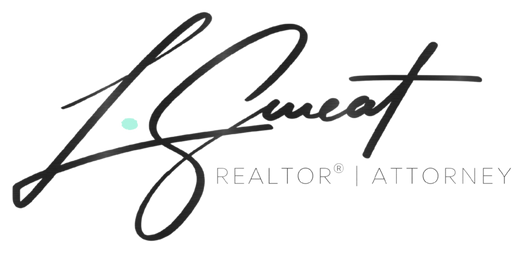Know Your Rights: Protections Under the FDCPA
Dealing with debt can be overwhelming, but it’s important to know that you have rights regarding
how debt collectors interact with you. The Fair Debt Collection Practices Act (FDCPA) is a
federal law designed to protect consumers from abusive, unfair, and deceptive practices by debt
collectors.
Here’s how your rights can be violated and the protections you have under the FDCPA:
Common Violations by Debt Collectors
1. Harassment
a. Repeated phone calls intended to annoy, abuse, or harass you.
b. Use of obscene or profane language.
c. Threats of violence or harm.
2. False or Misleading Representations
a. Misrepresenting the amount you owe.
b. Falsely claiming to be an attorney or government representative.
c. Threatening legal action that they cannot or do not intend to take.
3. Unfair Practices
a. Collecting an amount greater than what is owed unless permitted by law.
b. Depositing a post-dated check prematurely.
c. Using deceptive means to collect a debt, such as sending fake legal documents.
4. Improper Communication
a. Contacting you at inconvenient times (e.g., before 8 a.m. or after 9 p.m.) unless
you agree.
b. Communicating with you at work if you’ve informed them that your employer
disapproves.
c. Discussing your debt with third parties, except your attorney, spouse, or credit
reporting agency.
Your Protections Under the FDCPA
1. Right to Validation of Debt
a. You have the right to request validation of the debt. Debt collectors must provide
proof that you owe the debt.
2. Right to Dispute the Debt
a. You can dispute the debt in writing within 30 days of receiving the initial
communication from the debt collector.
3. Right to Cease Communication
a. You can send a written request to the debt collector to stop contacting you. After
receiving your request, the collector can only contact you to confirm they will stop
their efforts or to inform you of specific legal actions they intend to take.
4. Right to Fair Treatment
a. You are entitled to be treated with respect and without harassment, abuse, or
threats.
5. Right to Sue for Violations
a. If a debt collector violates your rights under the FDCPA, you have the right to sue
them in state or federal court within one year from the violation date. You may be
entitled to damages for any harm suffered, as well as attorney’s fees and court
costs.

